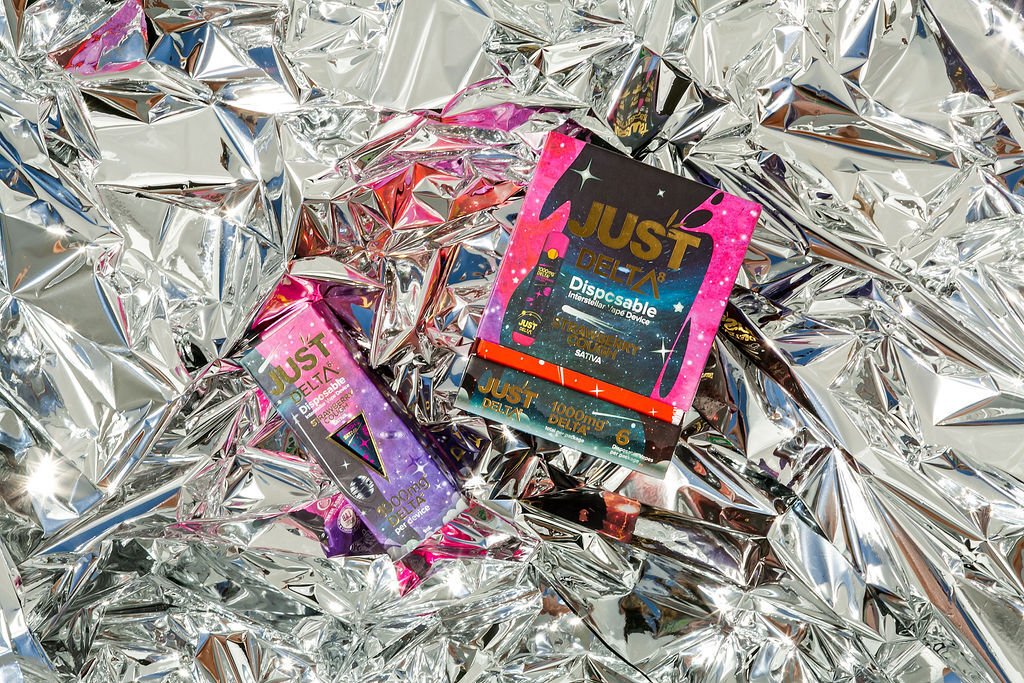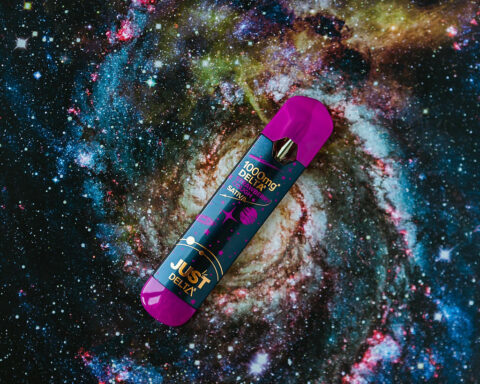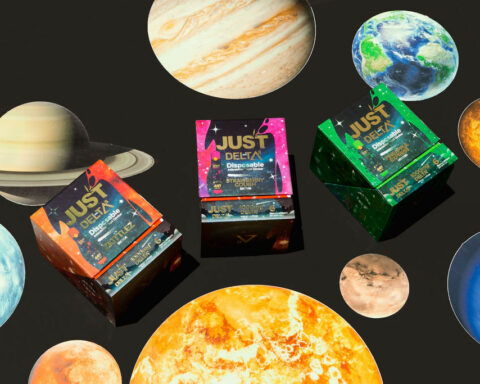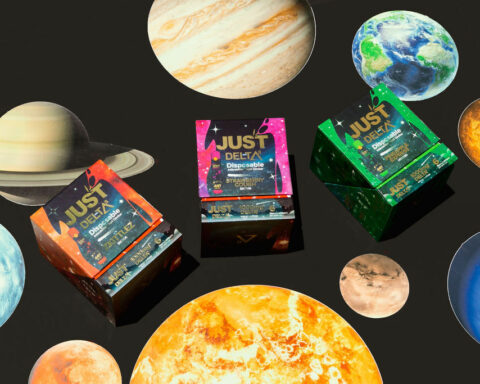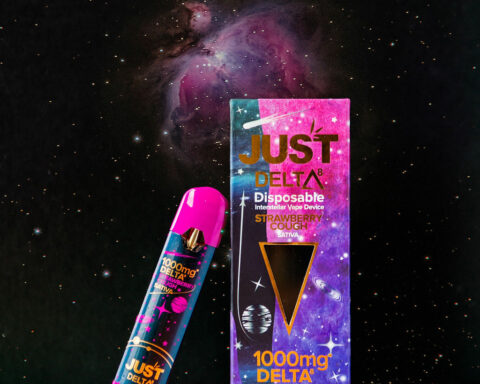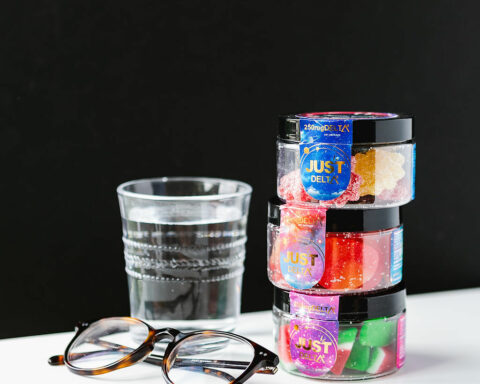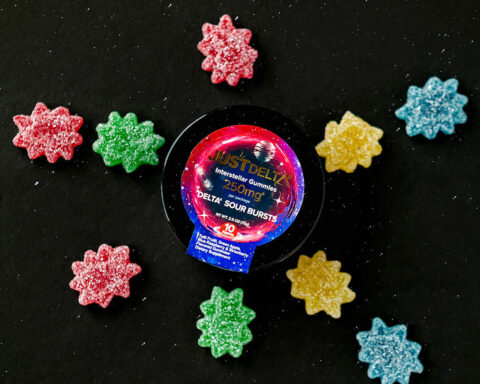Scientists have discovered over 100 cannabinoids, which occur naturally in cannabis plants, and Hexahydrocannabinol (HHC) might be the latest discovery. Delta-9 THC and cannabidiol (CBD) are the most well-known cannabinoids (CBD), with THC being the psychoactive component in marijuana.
Many CBD products contain cannabidiol, which its users claim to assist with everything from pain and stiffness to anxiety, melancholy, and sleep issues. Pamplona et al. (2018) also identified the potential clinical benefits of CBD. However, the Food and Drug Authority (FDA) has not approved the use of THC in medicinal settings. Cannabinoids such as Delta-8 THC and HHC are newer to the market. They’re created in a laboratory by starting with THC or another cannabinoid and altering it slightly. The FDA doesn’t approve them for any usage. Although there is little evidence about their safety and effectiveness, there have been reports of negative side effects. The synthetic cannabinoid is sold across the United States despite mounting legal uncertainty. Let’s discuss;
What is Hexahydrocannabinol (HHC)?
Archer et al. (2016) defined HHC as a THC derivative that has been hydrogenated. It’s a naturally occurring phytocannabinoid that has only been found as a trace component in cannabis Sativa, but it can also be synthesized from cannabis extracts by hydrogenation. HHC is a hydrogenated molecule that binds to receptors, unlike conventional Hemp cannabinoids like Delta 8. Also, Hydrogenation has the advantage of providing molecular stability. HHC is a naturally occurring cannabinoid found in hemp seeds and pollen. Although it is a non-synthetic cannabinoid, it may have similar effects. As a result, it’s a legal hemp extraction on the federal level.
Is HHC Potent?
The chemical is at least 69% as powerful as delta-9-THC in studies. According to Latta & Eaton (1975), the hierarchy of potent THC variations ranks alongside delta-8 and delta-9. The same research also narrates that HHC is not as effective as delta -8. Other sources claim that significant doses of HHC are required to achieve a high akin to typical THC molecules. Wait for an adequate investigation because different sources are putting up different facts. HHC molecules also have a unique manner of interacting with cannabinoid receptors. Perhaps the lack of a standardized HHC explains why each product differs (different HHC products are prepared with different 9R to 9S ratios). Because the 9R HHC binds exceptionally effectively to cannabinoid receptors, products made with large amounts of 9R can be perceived as more potent. Some claim it has the same euphoric effects, pain-relieving properties, and anti-nausea/vomiting properties as THC.
The legality of Hexahydrocannabinol (HHC)
According to makers of HHC products, the substance is federally lawful because it occurs naturally in the hemp plant. Growing industrial hemp in the United States is permitted as long as the maximum delta-9-THC level is 0.3%. Hemp is well recognized for producing huge levels of CBD, but it also contains a variety of other cannabinoids. Other hemp cannabinoids are technically legal if they don’t exceed the 0.3% THC limit. HHC product manufacturers insist that everything is legal.
The truth is that HHC is not similar to THC, but it might be prohibited if deemed synthetic. Synthetic cannabinoids are forbidden in hemp, according to the FDA’s Interim Final Rule (IFR), but naturally occurring cannabinoids are lawful. Hemp and cannabis contain HHC, but only in trace amounts. HHC is produced in a lab via a chemical procedure that produces more of the substance. The Federal Analog Act declares any analog of a Schedule I drug, such as delta-9-THC, to be a controlled substance. Regardless of what HHC dealers assert, use HHC-containing goods with caution.
Are HHC and THC Similar?
Chemically, HHC and THC are very similar. However, the existence of an additional carbon bond, hydrogenated carbon, and an ester molecule in HHC are the primary differences. Retailers argue that the minor structural variations in an HHC molecule make it more stable than THC. The HHC vendors’ enhanced qualities protect HHC items from light and heat degradation. They also contribute to the product’s shelf life being extended.
Effects of Hexahydrocannabinol (HHC)
According to Watanabe et al. (2007), HHC has the same sales effects as THC because of its ability to connect to CB1 and CB2 cannabinoid receptors. More research is needed to determine if these speculations are correct or incorrect. Do not believe the prospective impacts you might see on the internet before the period in which rigorous study will be undertaken. Because of the importance HHC products play in bioavailability, they can be game-changers. They effectively bind to the body’s cannabinoid receptors, allowing for a powerful chemical reaction. Other cannabinoids connect to CB receptors also, although some bind better and are stronger.
HHC Side Effects
Taking too much HHC, like any psychoactive substance, can have serious consequences. Because the substance is so potent, it’s recommended that you start with lesser dosages and gradually increase tolerance levels. An intense mental and physical sensation can last 1-2 hours and include dry mouth and a little headache. Since everyone is different, the effect will vary based on the dose. The potential hazards of HHC are still being researched. However, Srimuangwong et al. (2012) identified some effects of HHC and the potential problems that can arise when cannabis medicines are used in unsupervised situations, such as;
- Increasing your chances of being involved in a car accident
- Cannabis use problems can be difficult to overcome, especially in teenagers.
- If you use them throughout pregnancy, you can reduce your baby’s birth weight.
- Relationships and productivity at home, work, and school are negatively affected.
- Injuries are more likely in older people.
- Standing up causes dizziness, which increases the danger of passing out and falling.
- Increasing the likelihood of mental illness in some people
Where Can You Buy HHC?
HHC is a brand-new cannabinoid that has only recently appeared in cannabis products. Anything from HHC vape cartridges to HHC disposable vapes is now available on the open market, and the product category is swiftly growing in popularity.
Will HHC Make You High?
When taken, HHC, like THC, offers many people a pleasant experience. However, determining exactly what that feeling is may be difficult. At least for the time being. Most people claim that the effects are similar to traditional THC drugs; however, there isn’t enough evidence to prove this. There is insufficient evidence to tell if taking HHC has any negative side effects or long-term consequences.
Conclusion
While an HHC product may appear novel and exciting, scientific research has yet to validate its efficacy and safety claims. HHC appears to have THC-like effects, including intoxication. After consuming this cannabinoid, users feel relaxed, tranquil, and cheerful. It’s possibly possible that it possesses healing properties. It may be good for people who find delta-9-THC a little too strong. However, nothing is known about HHC’s long-term impacts. At the moment, there is also a lot of uncertainty about its legality. Products containing less than 0.3% delta-9-THC, which can be derived from industrial hemp, may be legal in most states. Although HHC is found naturally in hemp and marijuana plants, it is manufactured in a laboratory, making it a likely prohibited chemical. However, if you live in a state that allows adult-use marijuana, you can probably try it. Otherwise, there could be legal ramifications from its use.
References
Archer, R. A., Boyd, D. B., Demarco, P. V., Tyminski, I. J., & Allinger, N. L. (1970). Structural Studies Of Cannabinoids. Theoretical And Proton Magnetic Resonance Analysis. Journal Of The American Chemical Society, 92(17), 5200-5206.
Latta, R. P., & Eaton, B. J. (1975). Seasonal Fluctuations In Cannabinoid Content Of Kansas Marijuana. Economic Botany, 29(2), 153-163.
Pamplona, F. A., Da Silva, L. R., & Coan, A. C. (2018). Potential Clinical Benefits Of CBD-Rich Cannabis Extracts Over Purified CBD In Treatment-Resistant Epilepsy: Observational Data Meta-Analysis. Frontiers In Neurology, 9, 759.
Srimuangwong, K., Tocharus, C., Chintana, P. Y., Suksamrarn, A., & Tocharus, J. (2012). Hexahydrocurcumin Enhances Inhibitory Effect Of 5-Fluorouracil On HT-29 Human Colon Cancer Cells. World Journal Of Gastroenterology: WJG, 18(19), 2383.
Watanabe, K., Itokawa, Y., Yamaori, S., Funahashi, T., Kimura, T., Kaji, T., … & Yamamoto, I. (2007). Conversion Of Cannabidiol To Δ9-Tetrahydrocannabinol And Related Cannabinoids In Artificial Gastric Juice, And Their Pharmacological Effects In Mice. Forensic Toxicology, 25(1), 16-21.

